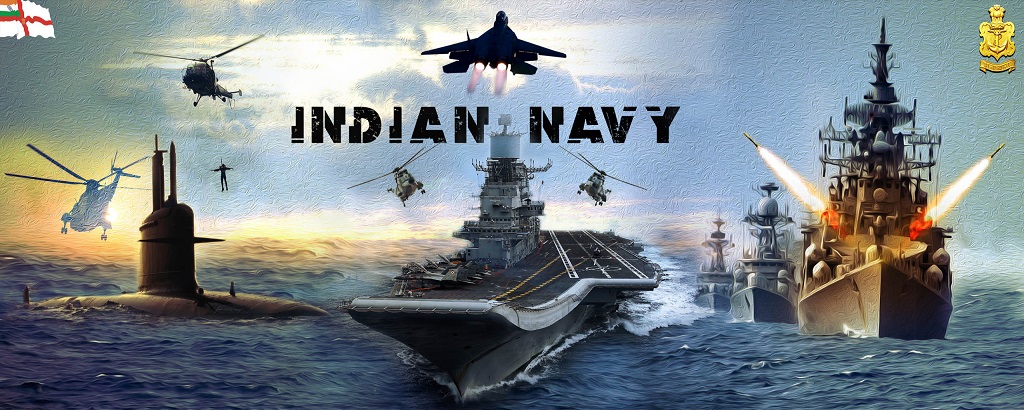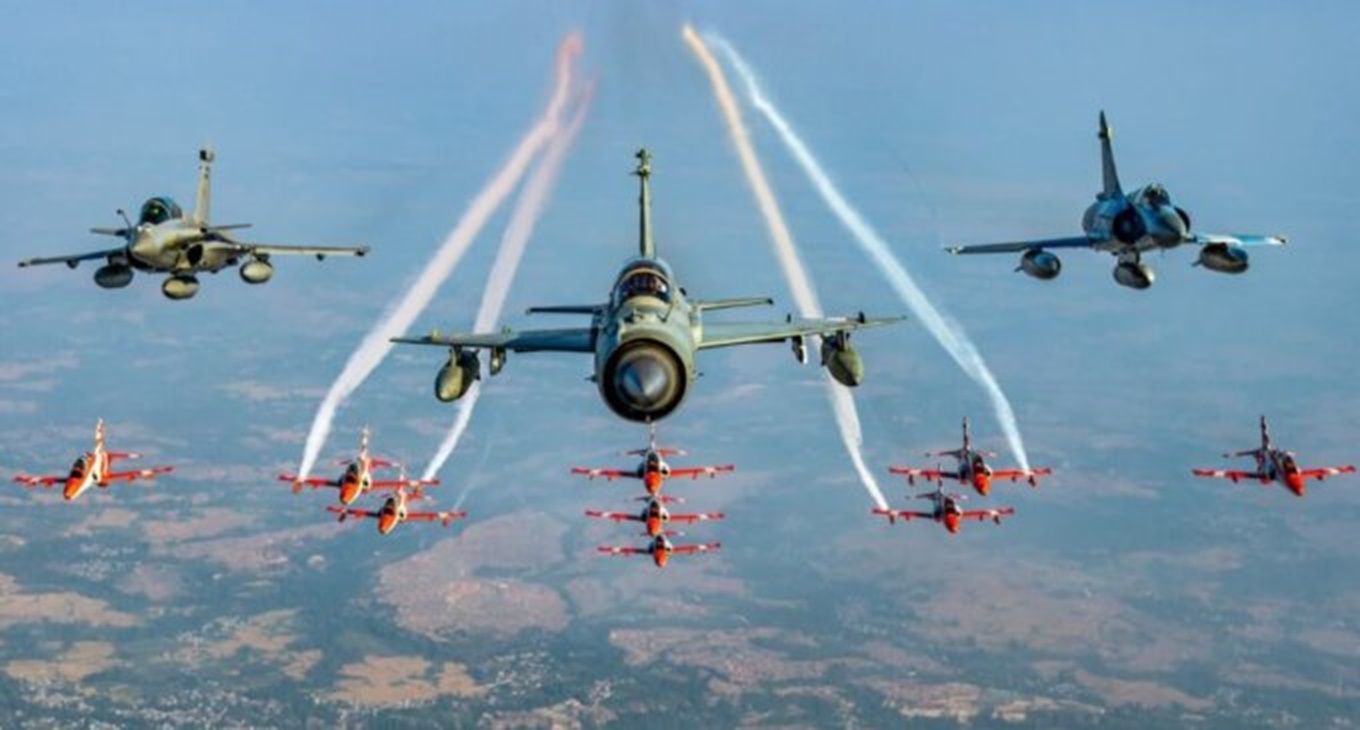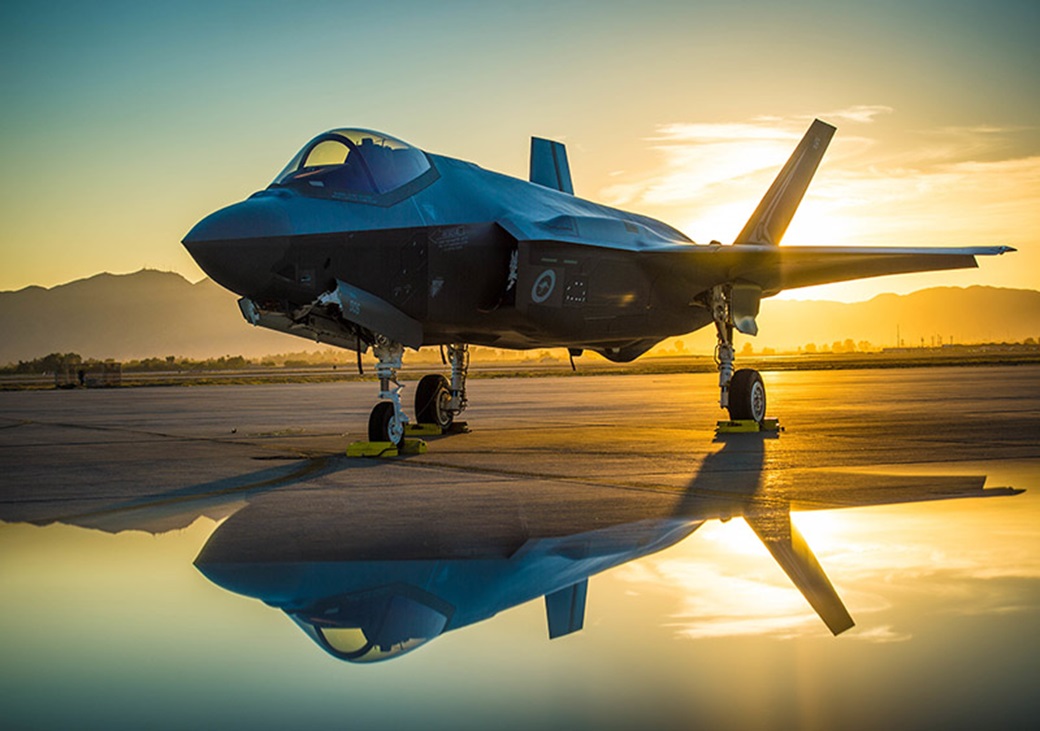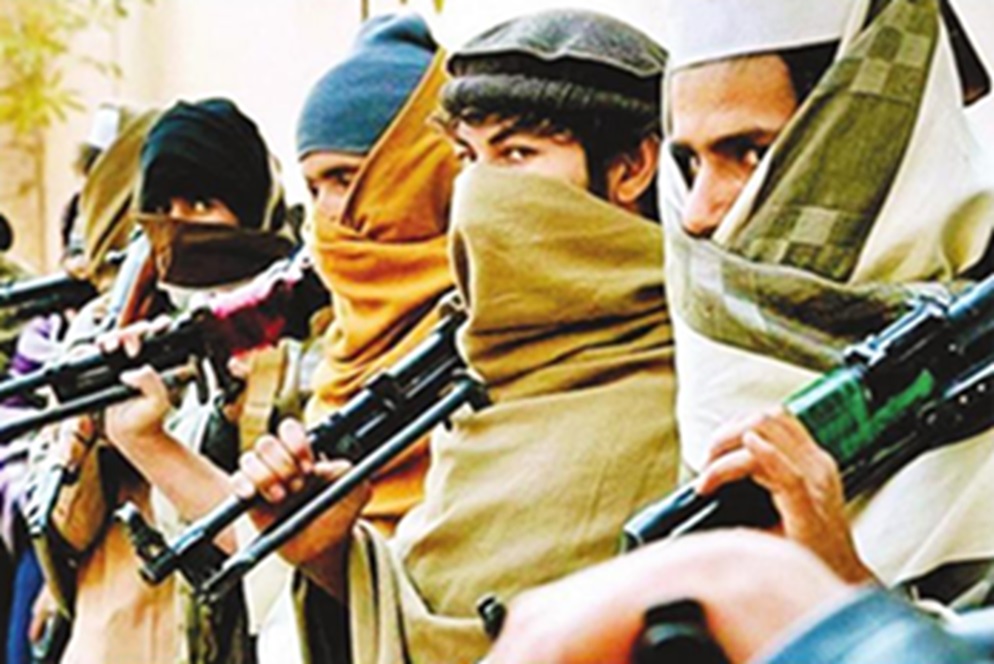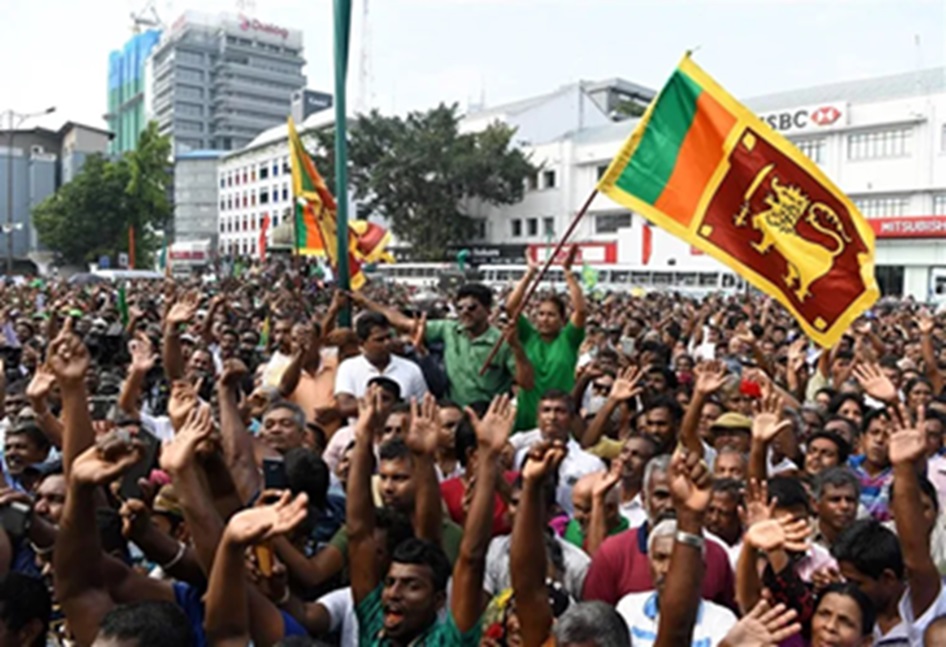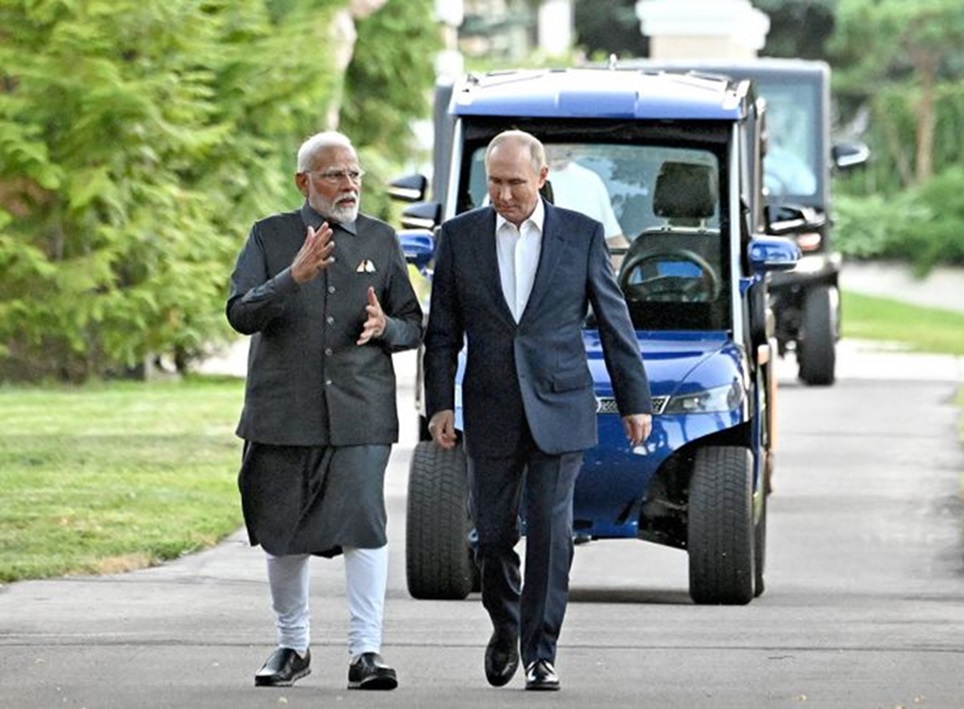Indian Navy has played a major role in building our nation since independence. Crowds which gather on Indian beaches to watch the sunrise or set, do not pause to think beyond the immediate glory on display. But unknown to most among them, the vast ocean they see, supports a service that contributes immensely to making their country, a real nation. As they continue to live in peace and aspire for prosperity, the Indian Navy enables them in many ways, both at sea and onshore, in ways tangible and intangible.
Britain is Navy, Navy is Britain
Long ago, as Britain waged protracted wars with adversaries from the European mainland, fending off invasions as well as taking their battles on to the mainland, there emerged the perception in the collective consciousness of Britain, that their Navy was Britain and that Britain was her Navy. The immense prosperity brought to Britain by their booming trade from a large part of the world, which they subsequently dominated as the unquestioned superpower for over a century, reinforced the perception that their nation and their navy were one. This perception gave the necessary moral strength to Britain to continue exerting their power across the world. Such is the power, a Navy can bring to nation-building. There is much more though.
Making of Nations
A true nation is a collection of people who share a common culture, history, values and circumstances. Nationals in a nation are united by overarching influences developed over centuries, despite numerous difference in how they look, the language they speak, what they eat, what they believe in etc. But national identities are also built with the help of external influences. For instance, the way the world perceives another land and its peoples also contribute to nation-building.
For over 2000 years, the world has perceived our lands and her peoples, as India, a nation. This is probably even before Indians developed the same perception about themselves. The world developed the above perception based on what they saw, what they heard, what they tasted, and what they coveted from a distant land they knew as India. This was not possible without the oceans carrying Indian people, thoughts, philosophies, culture and goods to those distant lands. Today, for India, the Indian Navy, is a prime source for spreading awareness of India and Indians to distant lands.
Experiences from Across the World
As we sailed into Durban in South Africa in Dec 1993, we didn’t know the deep experiences that awaited us there. Apartheid had just been lifted and there was freedom in the air. We walked into a city which looked like any city in India. There were people of Indian origin all over the place. In the subsequent days, we spent there, thousands of people flocked to visit our ships, to taste a slice of India. For them, India was a wonderful land, from which their forefathers had been wrenched out, and deep love was still alive in their DNA for the land of their forefathers. They were in luck. Every Indian Naval ship, or for that matter any Indian Naval unit, whether at sea or ashore, is a real slice of India. People belonging to every part of the country live and work there, as just Indians.
While I have had similar experiences in several other countries, there was a different one from Cyprus. Eleven years after my trip to South Africa, we sailed into Limassol in Cyprus in 2004. This was the first visit of an Indian Naval ship to Cyprus. The reason was a 5000 plus Indian diaspora, that had moved to Cyprus as IT professionals by then. This diaspora, drawn from across India, was a mini India by themselves. However, with few historical links with India, there was nothing much for the locals to form an opinion of India by watching this diaspora. This underwent an absolute transformation when three large Indian warships sailed into their country. Instantly, the Indians in Limassol were one. Instantly, they also became an important entity for Cypriots.
What the Navy Protects ?
90% of India’s trade by volume and about 70 percent by value moves through the oceans. 78% of India’s requirement in crude oil and 28% in natural gas is imported. This comes solely by sea. Of our domestic energy production, 50% in crude oil and 79% in natural gas too are produced offshore. India possesses billions worth of offshore infrastructure and other assets at sea. The value of the marine wealth in the 2.2 million square kilometres that makes up our Exclusive Economic Zone, is immense. That this area corresponds to two-thirds of India’s land area, shows the immensity of this sea area, which is our own.
Peace and good order are important, for achieving and sustaining economic prosperity. With several inimical entities in our region, things aren’t easy. Central to some of the worst terrorist attacks perpetrated against India, were explosives and people who came by sea. Ensuring the safety and security of our long coastline and the hundreds of islands that we possess, thus becomes important. Security alone brings stability, and stability alone enables development. It is a closed cycle. National wealth enables the growth of national power, and maritime power is one of the major elements of national power. Maritime supremacy that is made possible by national maritime power, ensures uninterrupted trade, which creates more national wealth. The solid yet silent work of the Navy in support of all this will seep into the nation’s consciousness only when overseas trade is disrupted and the effects start showing in daily life.
When the Nation Rises as One
History shows that nations rise up as one, to face strife, or to celebrate victories. Such instances leave lingering positivity and bring incremental enhancement in the national spirit. Between the two, strife has more power to bind people together, especially when there is shared pain, or blood, shed together. An unforgettable event where the nation came together in prayer as one, was, when Commander Abhilash Tomy, India’s lone successful non-stop, unassisted circumnavigator spent a few nerve-wracking days in the far-away Southern Ocean, fighting alone for his life, in 2018. This was a rare event, but a very tangible manifestation of the nation coming together. However, the Indian Navy is a part of nation-building in many ways every moment, in more imperceptible ways.
Nation building through force building
The Indian Navy has been at the forefront of indigenisation for long, with great gains in the design and building of ships and submarines. Though not at the same level, gains have been made in the field of aircraft, weapons and sensors too. This is a complex process that brings together people from all over the country in the field of industry, science and technology, education etc, and finally the national workforce, giving them all, a sense of collective achievement when they see the things they helped build perform at sea. Building a Navy builds the nation.
There have also been several instances where the brilliance of individuals in uniform brought path-breaking developments in service, and later, the world itself benefitted from these individuals. One such sterling example is, of Commodore Paul Raj of the Indian Navy, who in the early 1980s made the first successful Sonar ever for the Indian Navy. He then went to the USA and pioneered scientific processes that came to be the heart of 4G and 5G technology. The forty-year-old Sonar of Commander Paul Raj continues to see new versions, that continue its contributions to nation-building too.
Earth Sciences and the Indian Navy
As a large country, India shoulders a lion’s share of the world’s responsibilities, in Meteorology, Hydrology, Hydrography etc. The Navy makes major contributions to the national effort in collation and study of meteorological and hydrological data, as naval ships, aircraft and submarines remain a perennial source for data from the entire Indian Ocean region. It is the efforts of the Indian Navy’s large Hydrography department, that produces the ocean charts that the world’s mariners, including even our fishermen use, to navigate safely through the Indian Ocean region.
Environmental Protection and Green Initiatives
The spic and span appearance of every Naval Base, other than being an inspirational model for those who behold it, symbolises the deep respect the armed forces in general have for the forces of nature. Mariners who witness the relentless fury of the sea learn not to ever fight against nature’s forces, and instead, learn to use them in their favour. This sublime relationship between man and nature is what manifests as spic and span upkeep of naval spaces. This further percolates to the society at large, through naval families, especially children, who from their early years develop responsible habits and spread it in society in their adulthood.
Confidence in Uniform
India acknowledges her armed forces as a rock-solid institution that performs its duties without being affected by politics, religion or weakened by corruption. Rescue and rehabilitation work done during recurring natural disasters in India as well as abroad binds Indians together in the pride and confidence they develop in the men in uniform. With the world around us in various types of turmoil, it has become common to see the Indian Navy in benign action across our region, whether in the evacuation of Indian nationals from strife-torn countries or in humanitarian support to suffering nations.
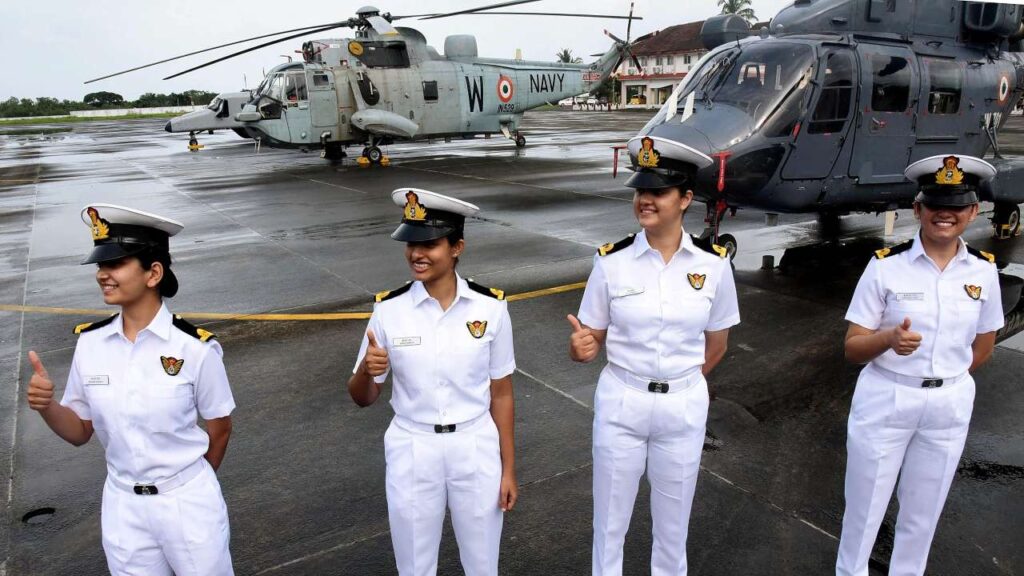
Staying in the News
Being in the news helps to be in hearts and minds. It also inspires. The 21600 nautical mile circumnavigation voyage, by six lady Officers of the Indian Navy in 2017 – 18 is something that caught the imagination of the country. The positive energy this event gave to young ladies and children in the country is beyond imagination. That this voyage followed in the wake of two famous circumnavigation trips, made by Captain Dilip Donde and Commander Abhilash Tomy shows the commitment the Indian Navy has, in spreading a spirit of adventure, to inspire every Indian.
It is also inspiring when the nation reads about our sportsmen bringing laurels, musicians making great music or our scholars spreading knowledge. The same spirits are raised when the nation receives the news, like that of the Navy’s Mohammad Anas, an Olympian, breaking our national record in 400 metres race at an event in Czechoslovakia, or Tejinderpal Singh Toor, winning an Asian Games Gold in Shot Put with a new Asian record or Dinko Singh boxing his way to Gold at the Asian Games.
National Maritime Consciousness
It is not for nothing that the Navy’s moniker is ‘silent service’. Unseen and unheard, they protect all the time, braving the myriad challenges of the great oceans, to bring peace and prosperity to our nation. The more they get into the nation’s maritime consciousness, more is the inspiration they will get, to sustain their performance. The nation-building they do facilitates national unity. National unity is an enabler of national prosperity and national values, the Navy’s role in nation-building is large. That President Ramnath Kovind himself said this in 2017 is testimony to the fact that the nation is beginning to understand and acknowledge this.
Title image courtesy: https://stratpost.com/
Disclaimer: The views and opinions expressed by the author do not necessarily reflect the views of the Government of India and Defence Research and Studies

